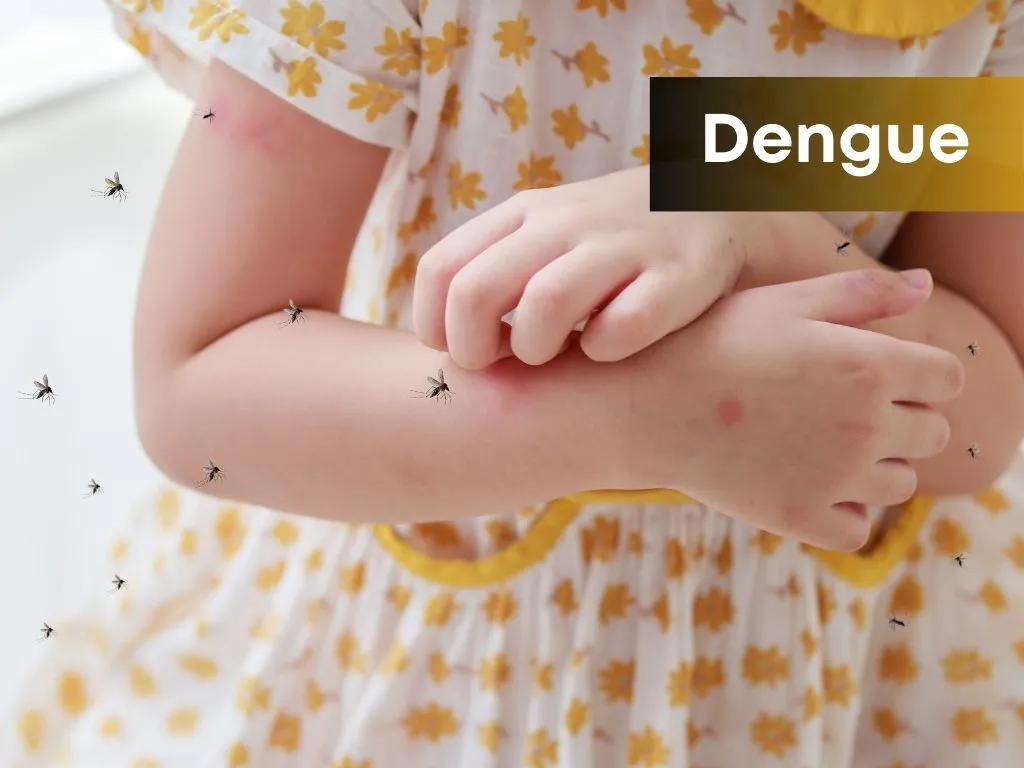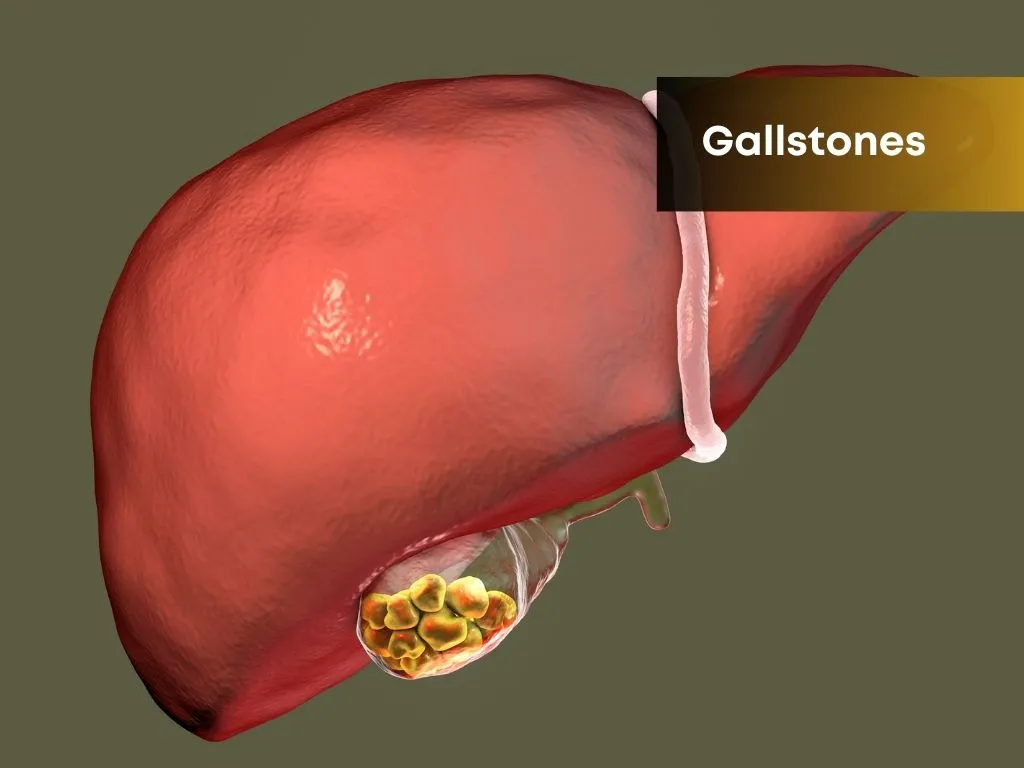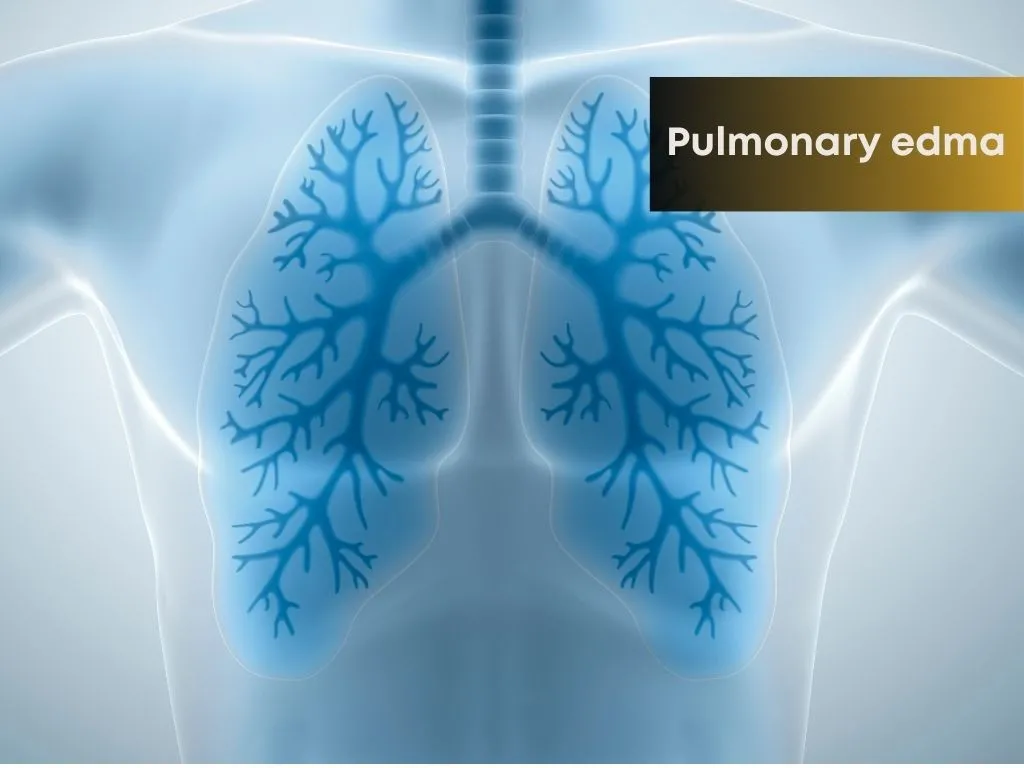Dengue
-
 Nalamaree Team
Nalamaree Team
- 23 September 2025
Overview
Dengue is a viral infection transmitted primarily by Aedes mosquitoes, particularly Aedes aegypti. It is caused by the dengue virus, which belongs to the Flaviviridae family. Dengue fever is commonly found in tropical and subtropical climates worldwide, especially in urban and semi-urban areas.
Causes
Dengue fever is caused by the dengue virus, which is primarily transmitted to humans through the bites of infected Aedes mosquitoes, particularly Aedes aegypti and Aedes albopictus. These mosquitoes become infected when they feed on the blood of a person already infected with the virus.
When the infected mosquito then bites another person to feed on their blood, it injects the virus into the person's bloodstream, thereby transmitting the infection.
Humans are the primary host for the dengue virus, and the virus cannot be transmitted directly from person to person. However, in rare cases, the virus can be transmitted through blood transfusions or organ transplants from infected donors.
Symptoms
Treatment: Modern Medicine
Treatment: Traditional Medicine
- Herbal Tea's
- Fruits and Vegetables
- Garlic
- Papaya Leaf Extract
- Stay Hydrated
- Rest
Caution
- Avoid Mosquito Bites
- Eliminate Mosquito Breeding Sites
- Seek Medical Attention
Prevention
- Mosquito Control
- Personal Protection
- Environmental Management
- Community Engagement





















.jpg.webp)
